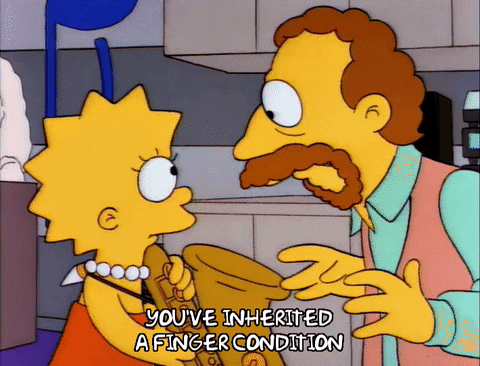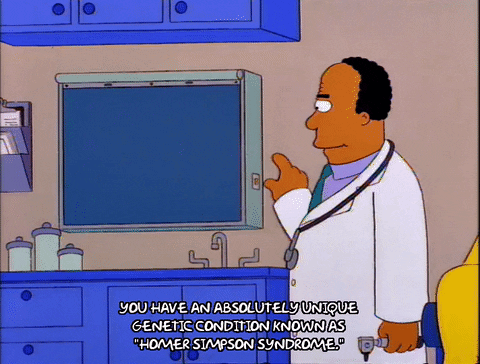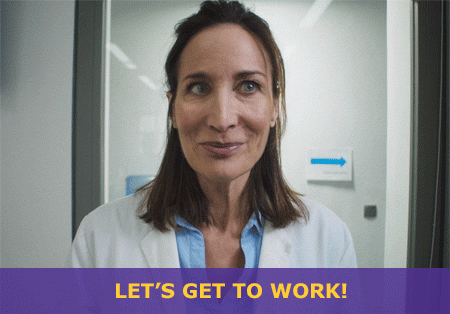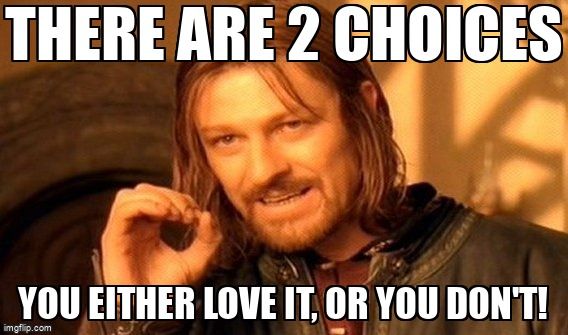
This logo isn't an ad or affiliate link. It's an organization that shares in our mission, and empowered the authors to share their insights in Byte form.
Rumie vets Bytes for compliance with our
Standards.
The organization is responsible for the completeness and reliability of the content.
Learn more
about how Rumie works with partners.
Ever wondered why you have the same hair color as your parent?
Inheritance is how genetic information (genes) is passed on from parents to children. This information helps determine who you are and what you look like!

Sometimes, when abnormalities are present in the parent genes, these may be passed onto their kids and result in disease.
Meet Tom.
Tom’s father is diagnosed with Huntington's disease. The doctor says that Tom is at a risk of inheriting the same illness when he ages. Tom is confused and wants more information.

Who can help Tom? A genetic counsellor!

Who Are Genetic Counsellors?
They are professionals trained in genetics (the study of genes) and counselling who help people understand genetic/inherited diseases and conditions better.
They offer guidance and support to help patients/families understand:
How the genes they inherited might affect them.
How family and medical histories play a role in disease occurrence or recurrence.
Which genetic tests may be right for them and what they can know from the tests.
How they can make informed decisions about healthcare.

Quiz
Anjana's son has autism and wants to know if her next child will be autistic too. Hong wants to know the chances of him getting diabetes. Paul wants to know if his baldness was inherited. Who amongst these people can be helped by a genetic counsellor?
A genetic counsellor can help you understand inherited conditions and diseases better. A genetic counsellor can also help with predicting the chances of a person getting a disease.
A Day In The Life Of A Genetic Counsellor
Genetic counsellors may work in a variety of settings such as:
hospitals
laboratories
academia
government
non-profit organizations

On a typical day, a genetic counsellor might:
Analyze genetic test results and make detailed reports of findings.
Meet with patients or their families, listen to their stories, discuss testing options.
Coordinate with physicians, lab technologists, and other healthcare professionals.
So what is the most important skill for this job? Empathy!
Hear it from a real genetic counsellor:
How Much Do They Earn?
 Photo by Marco Krenn on Unsplash
Photo by Marco Krenn on UnsplashThe average salary for a Genetic Counsellor in the US is $73,641
 Photo by chris robert on Unsplash
Photo by chris robert on UnsplashThe average salary for a Genetic Counsellor in Canada is C$79,497
Did you know?
How Do You Get There?
Genetic counselling is a specialized profession and often requires extensive education and training. Here are the steps:
If you are in high school, start by taking at least 3 science courses.
Get a Bachelor's degree in biology, genetics, or a relevant healthcare field.
Earn a Master's degree in genetic counselling through an accredited program.
Become a board-certified professional by passing an examination.

Quiz
Mario is a high school student who excels in science. What is the minimum amount of time it will take him to become a genetic counsellor after graduating from high school?
The genetic counselling profession requires a Master's degree from an accredited program. So, between a 4 year Bachelors degree and a 2 years Masters degree, it will take Mario at least 6 years of education to become a genetic counsellor.
Is This Your Cup Of Tea?

You will love this if:
You are compassionate, organized, good at collecting data.
You can simplify complex information.
You love interacting with people from multiple professions.
You like to stay up-to-date with changing trends.
You won't love this if:
You are not comfortable sharing sensitive health information.
You lack patience.
You don't like working in team environments.
Take Action
Interested? Here's what you can do next:

This Byte has been authored by
Sowmya Gangadharan
Biotechnologist/PMP/Volunteer Learning Designer